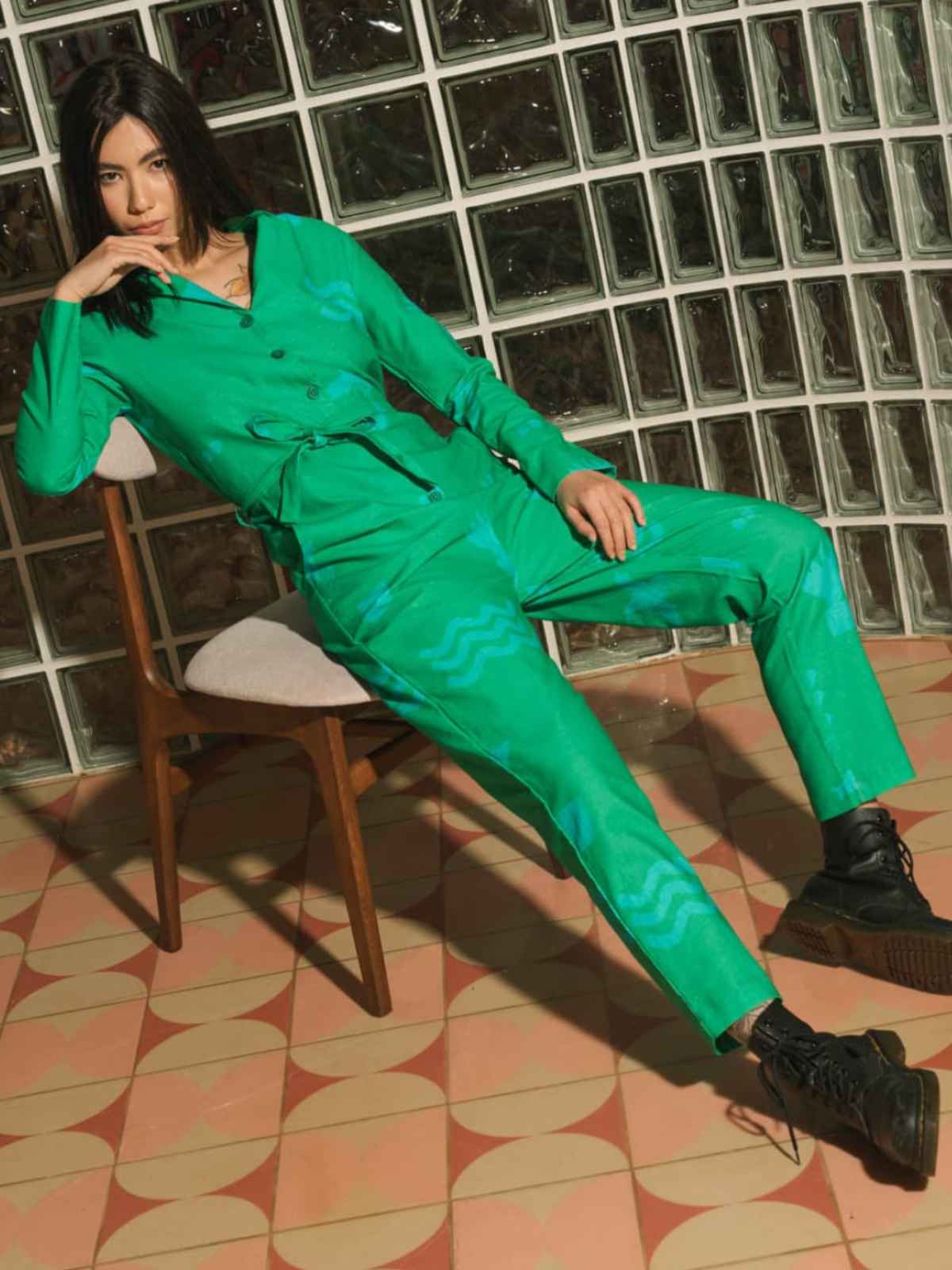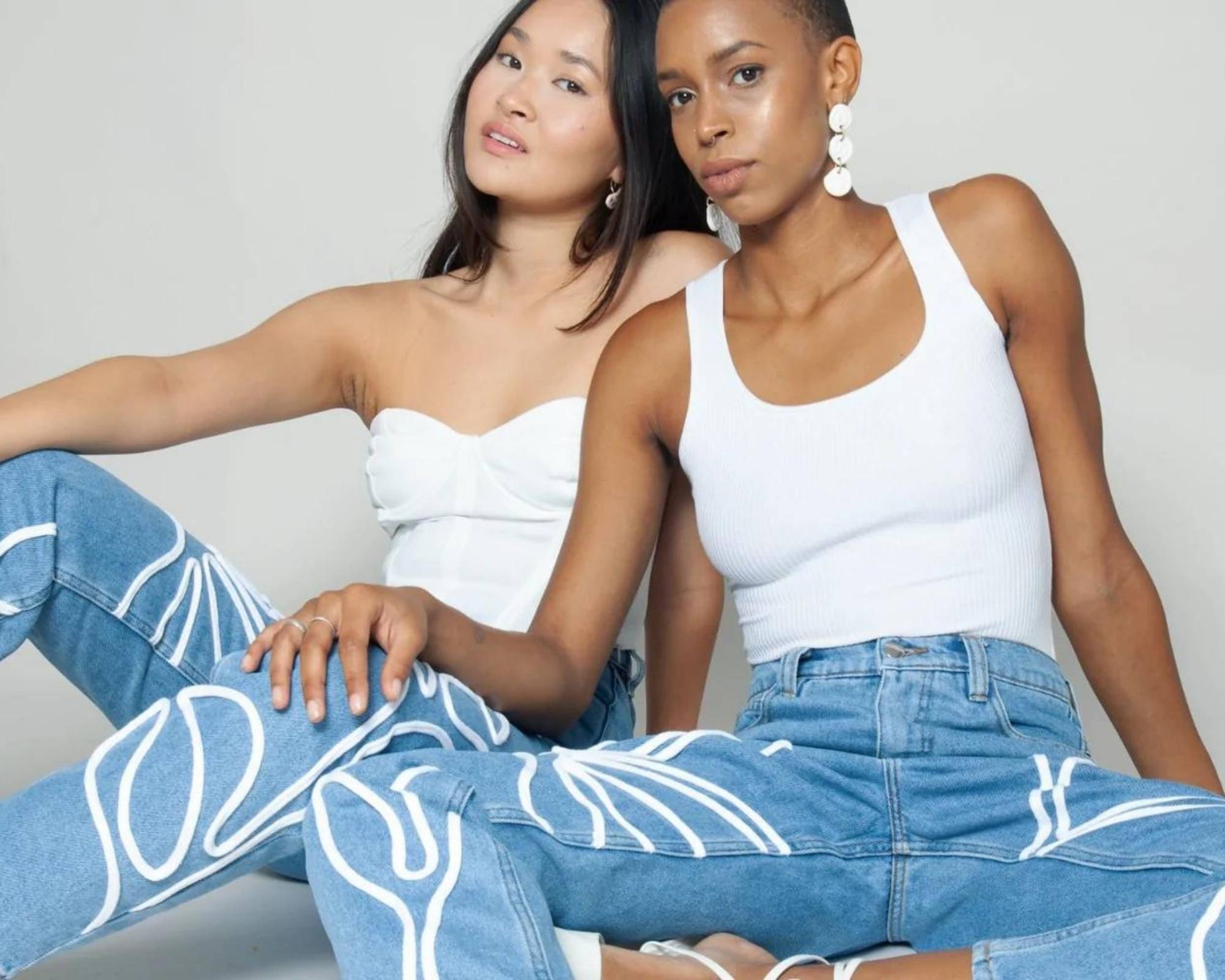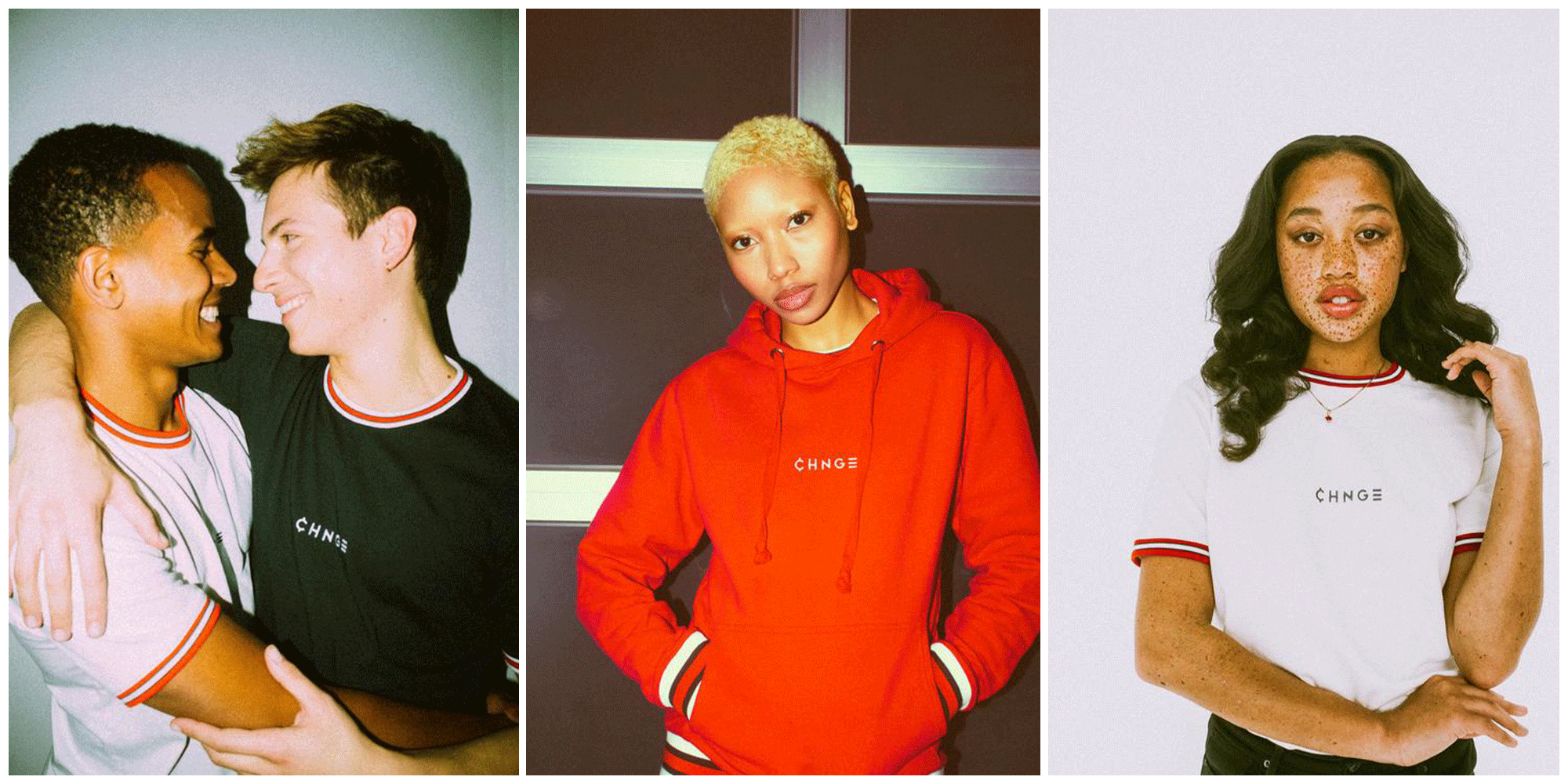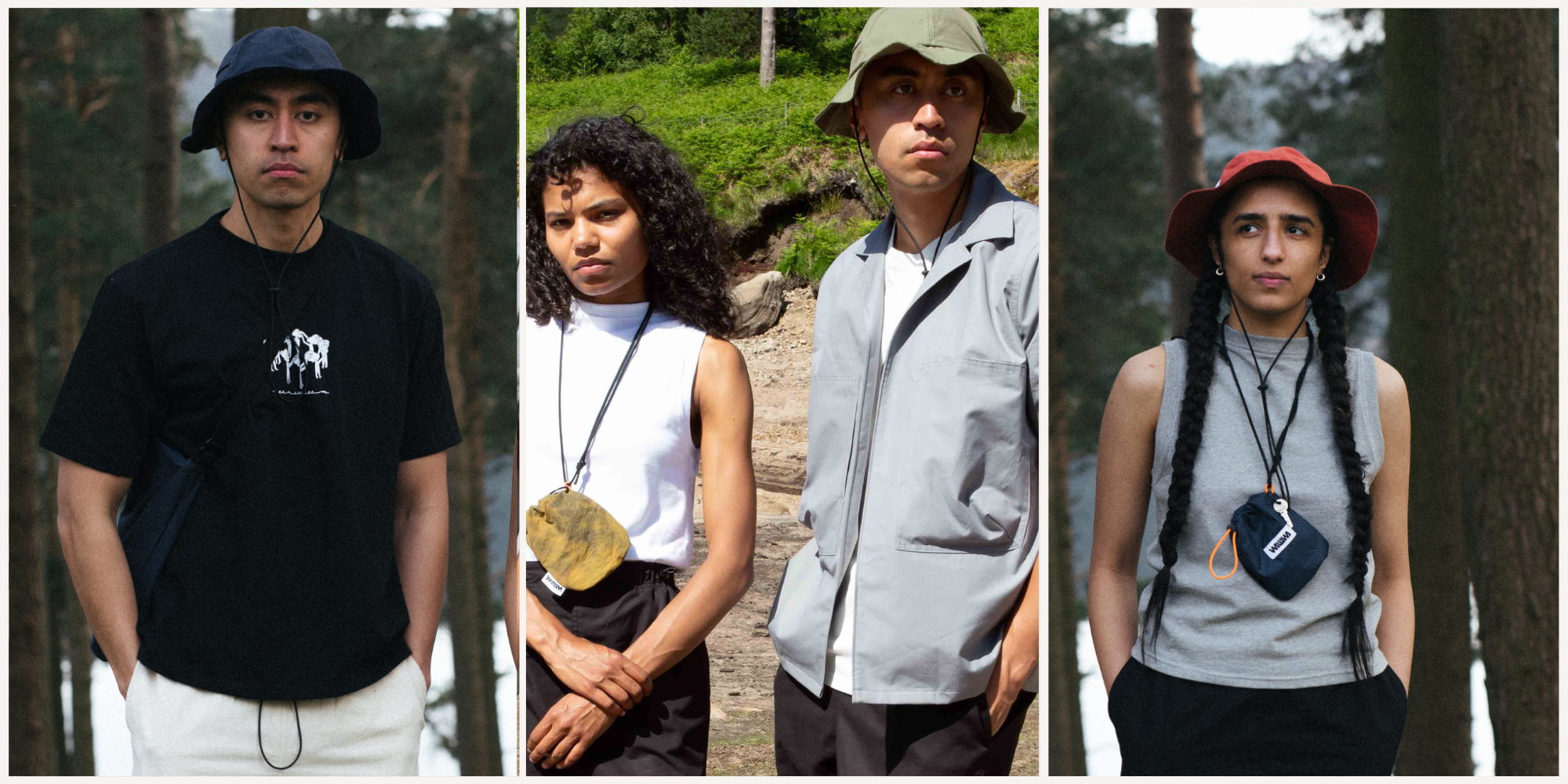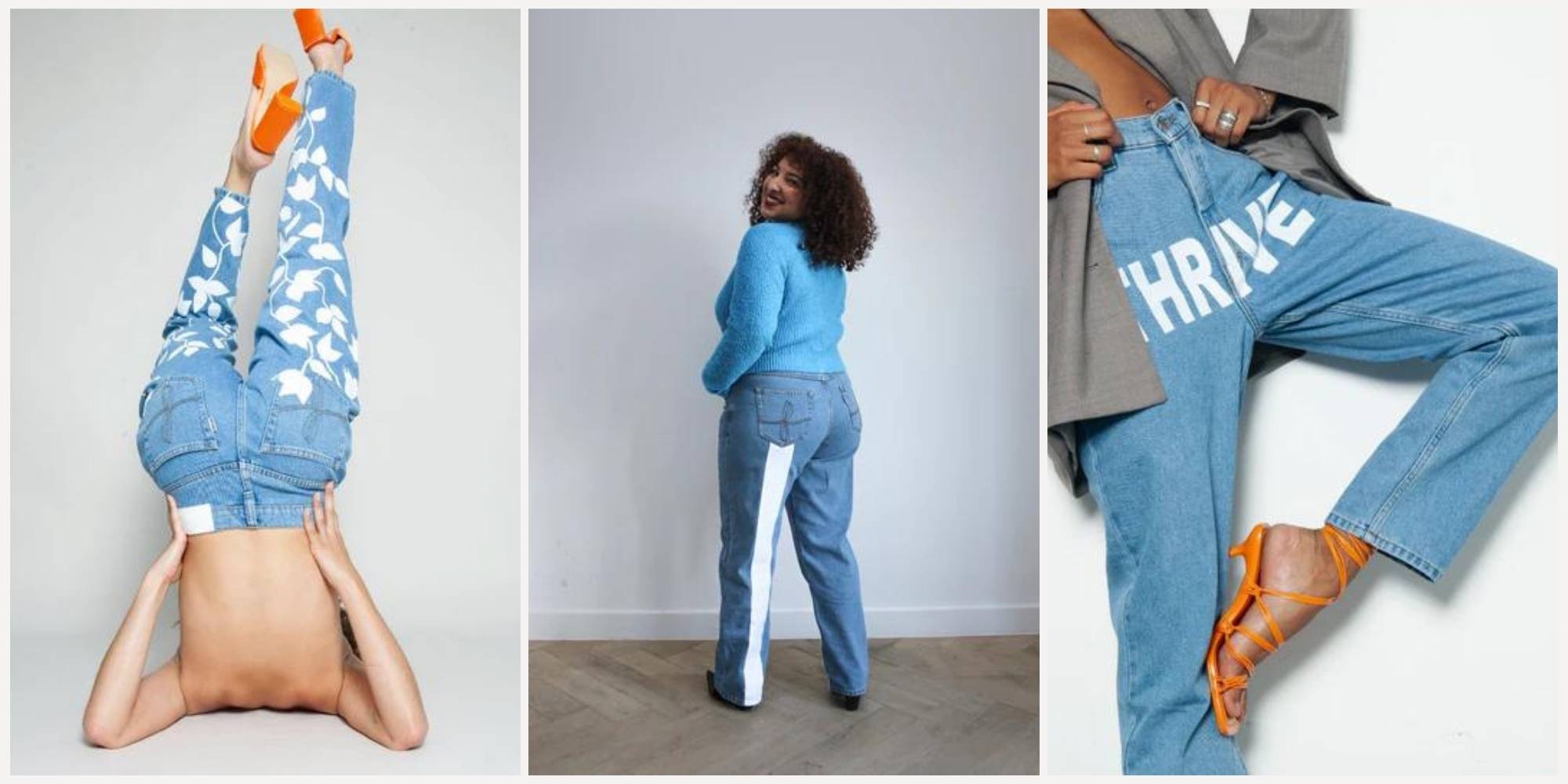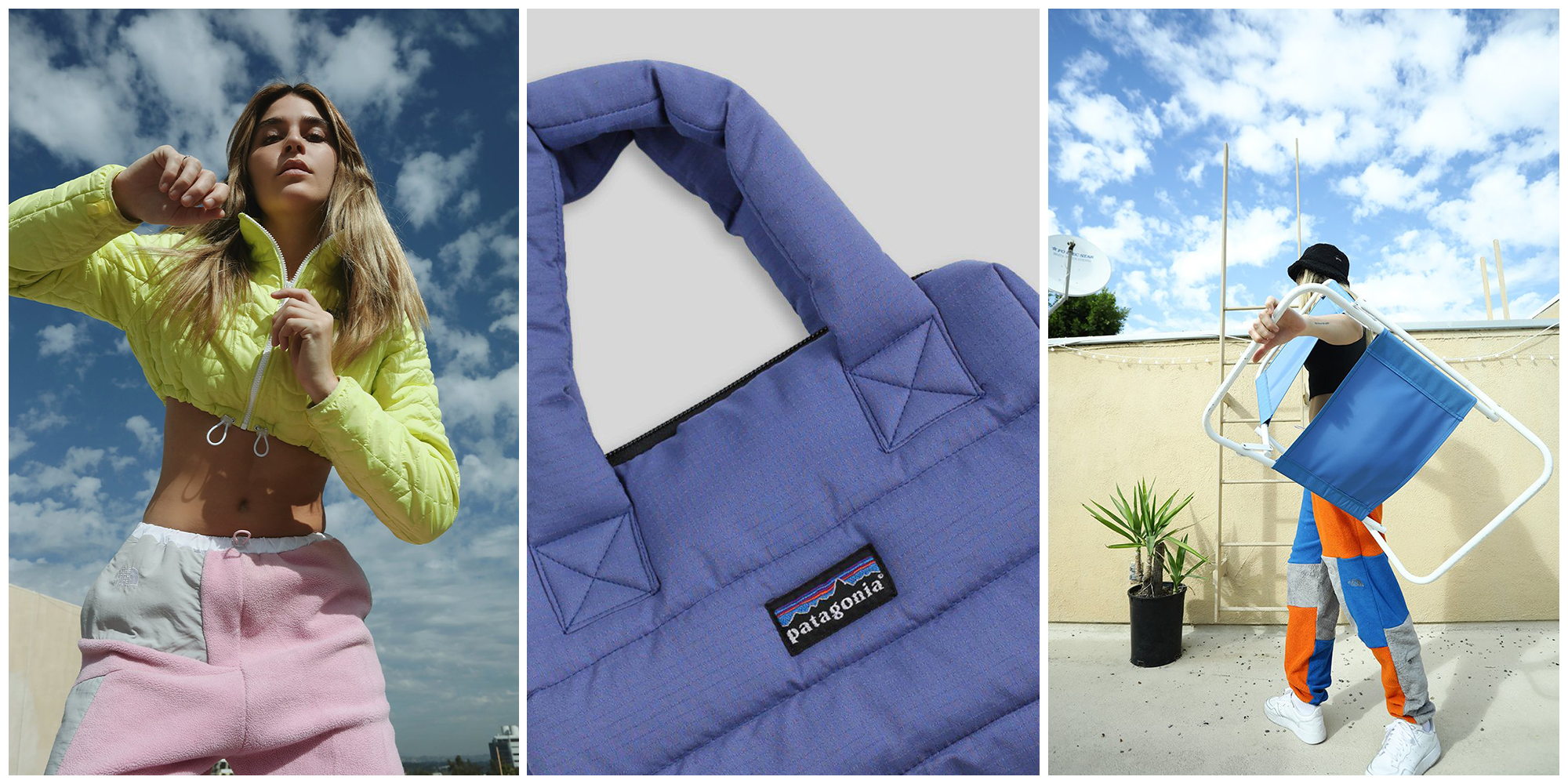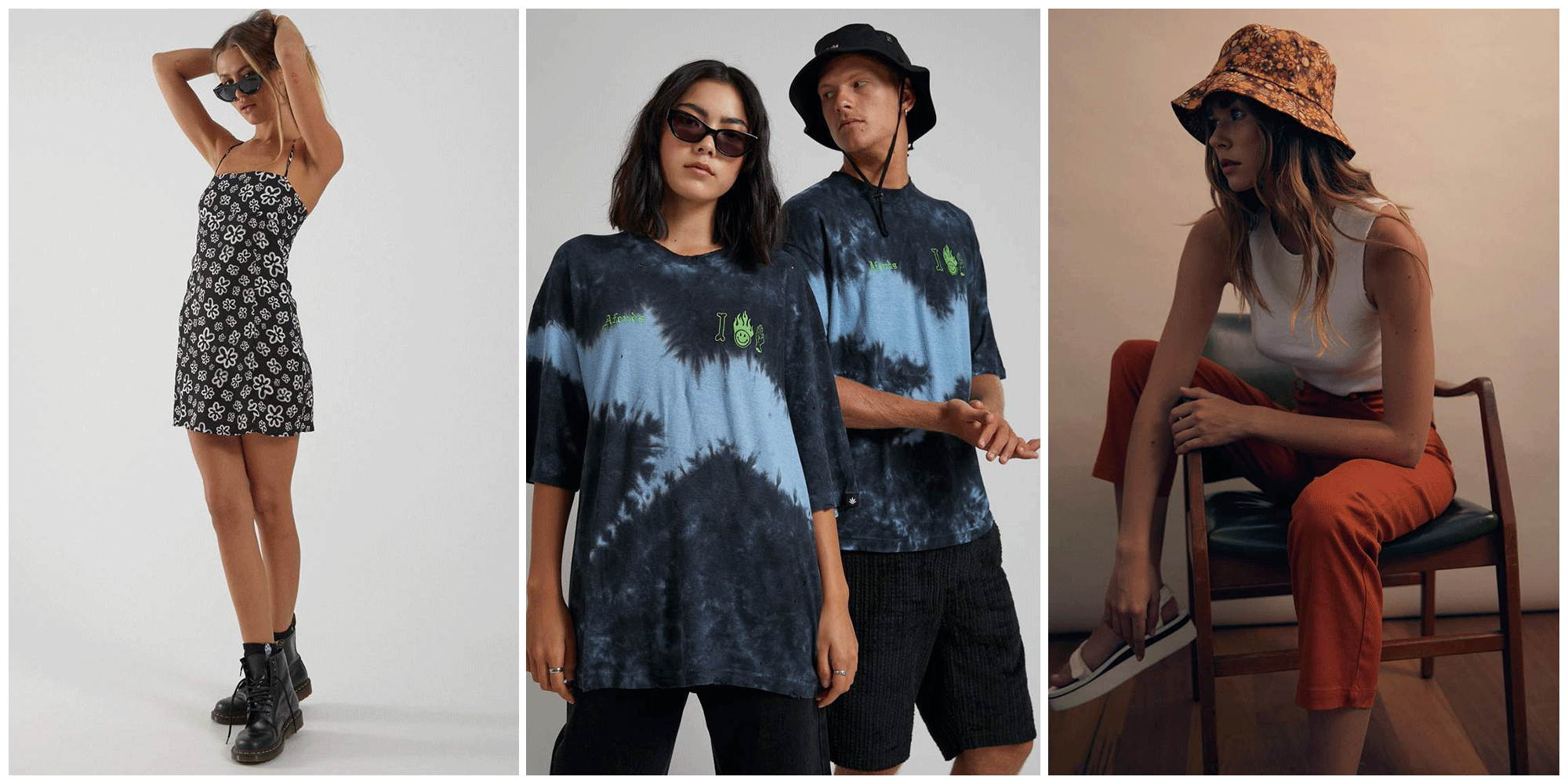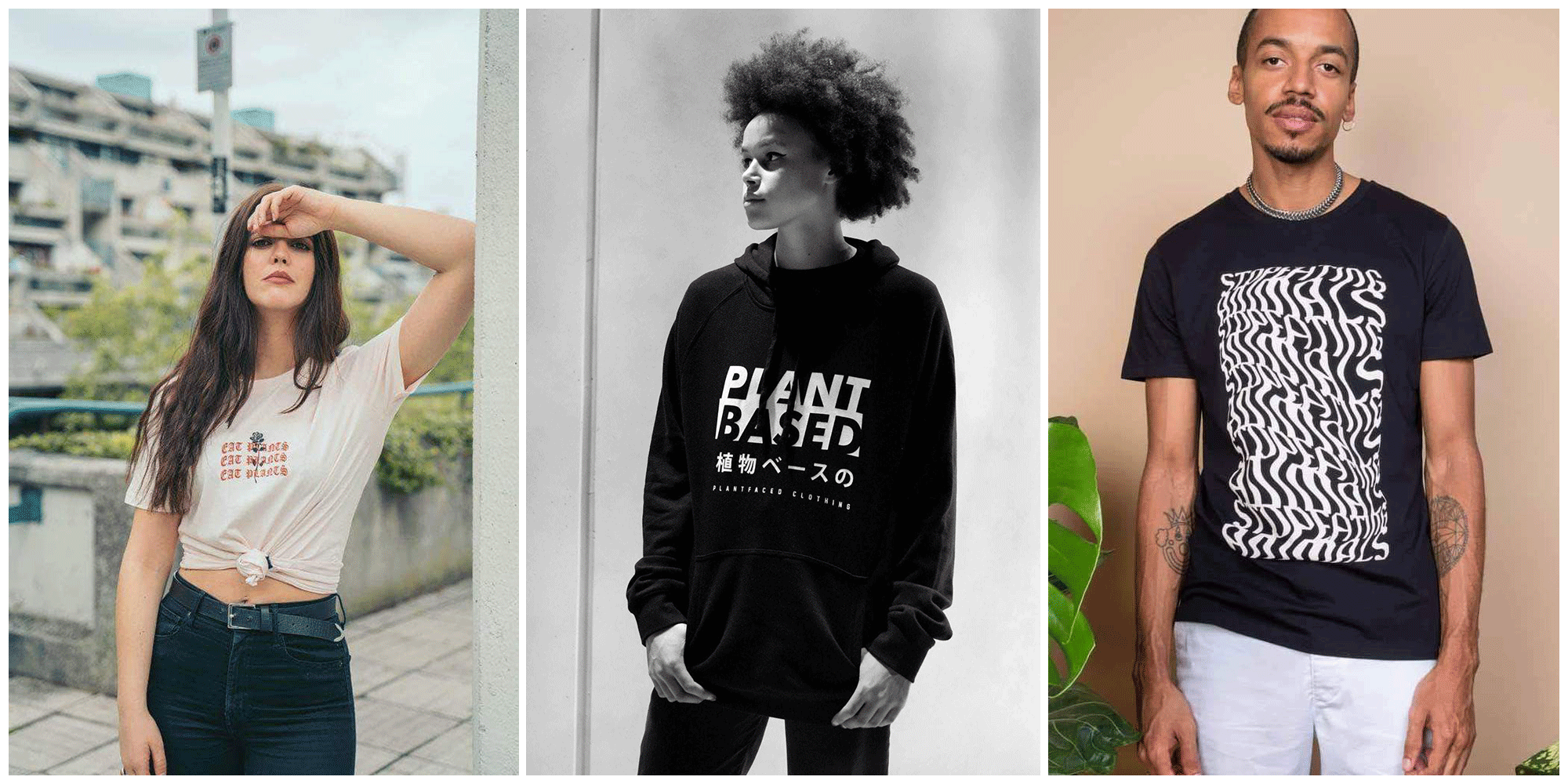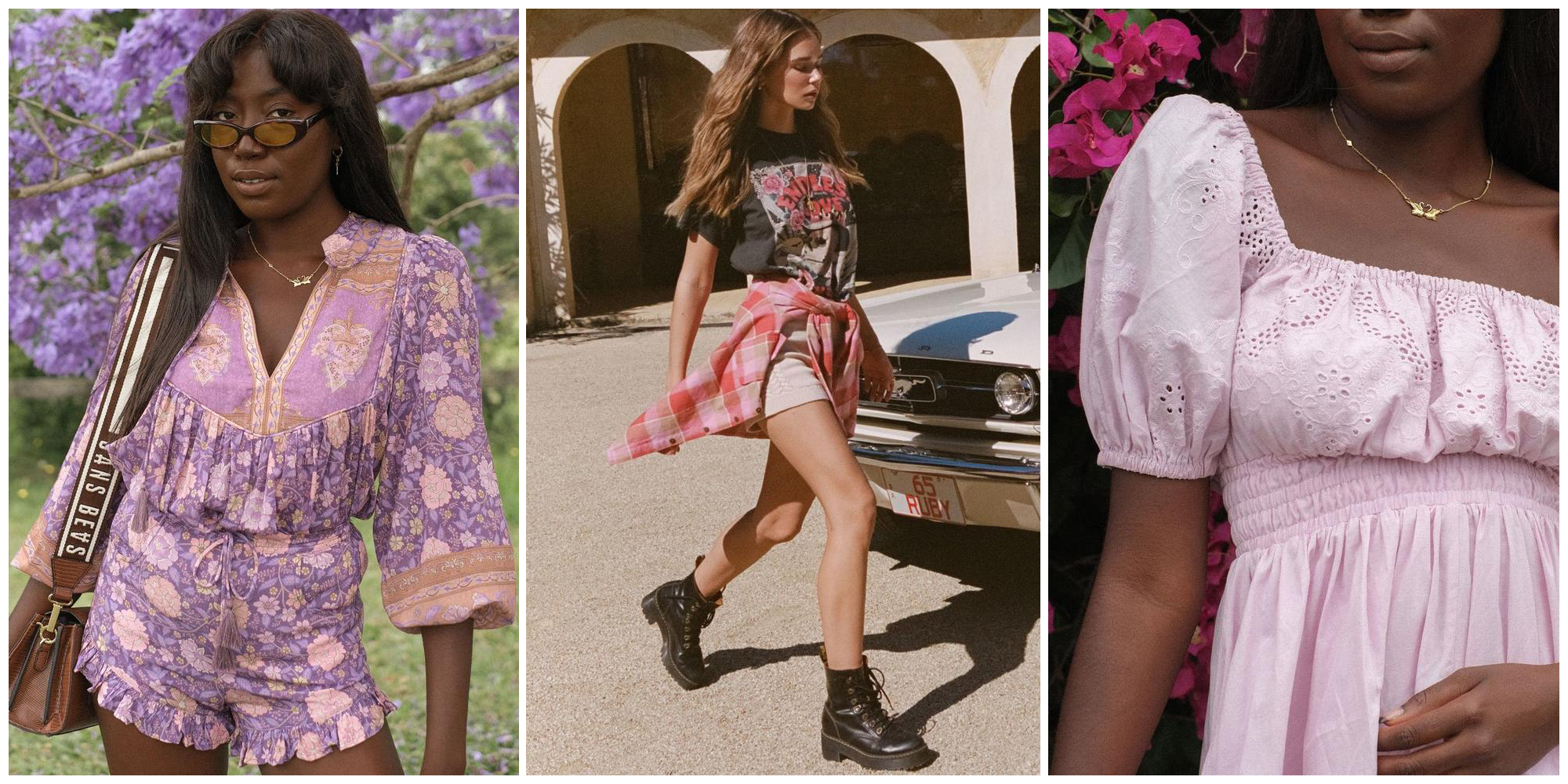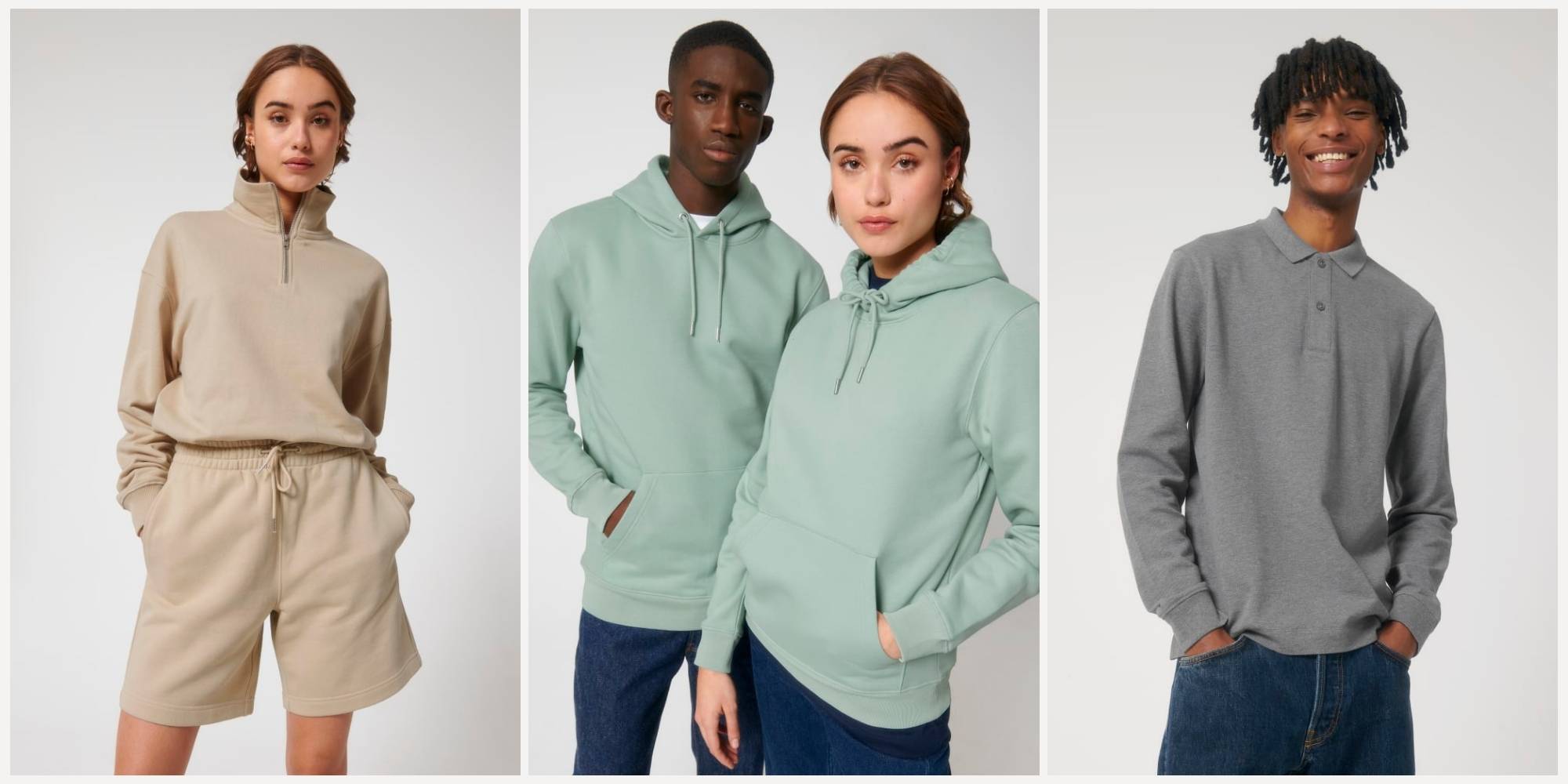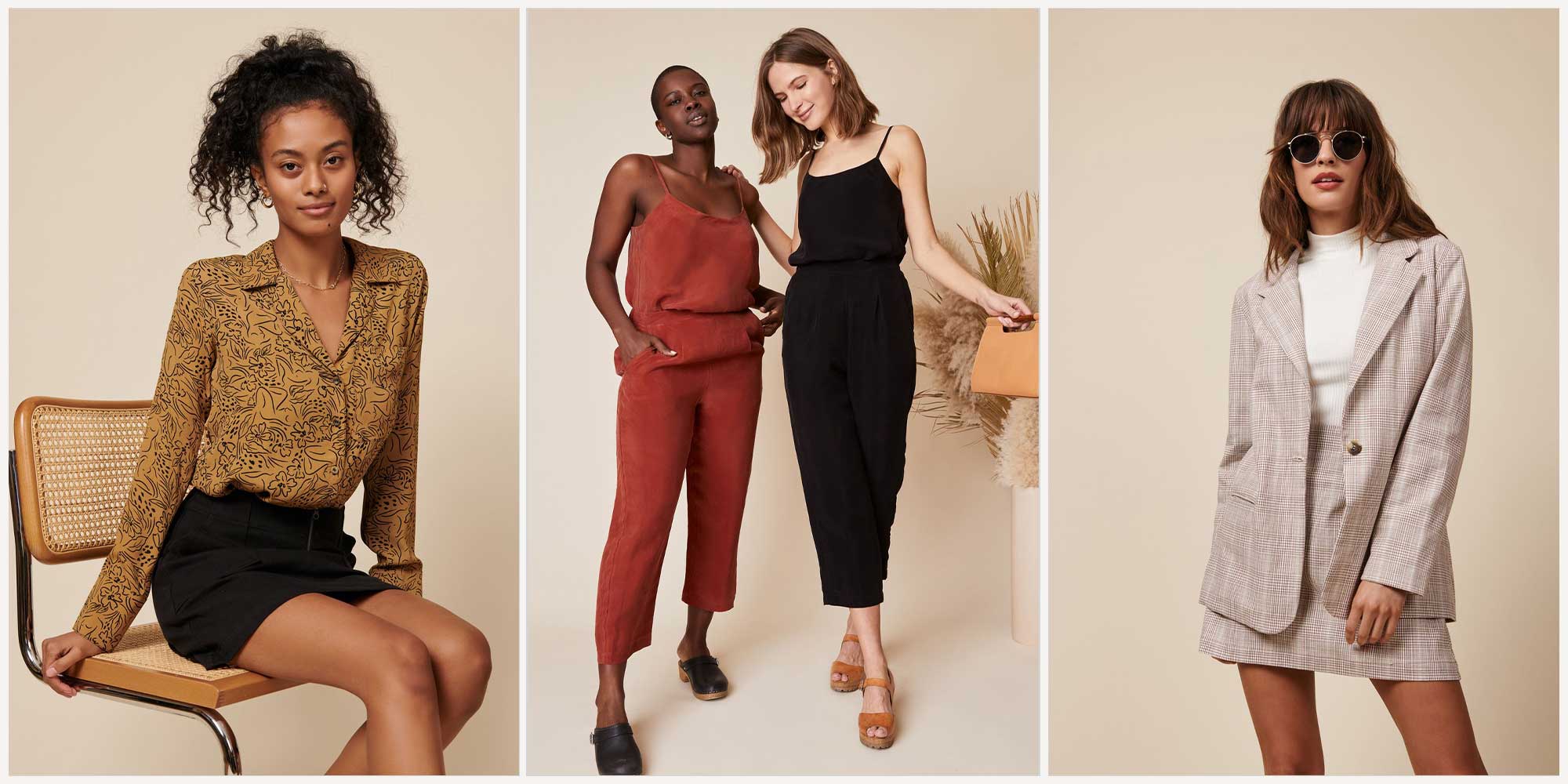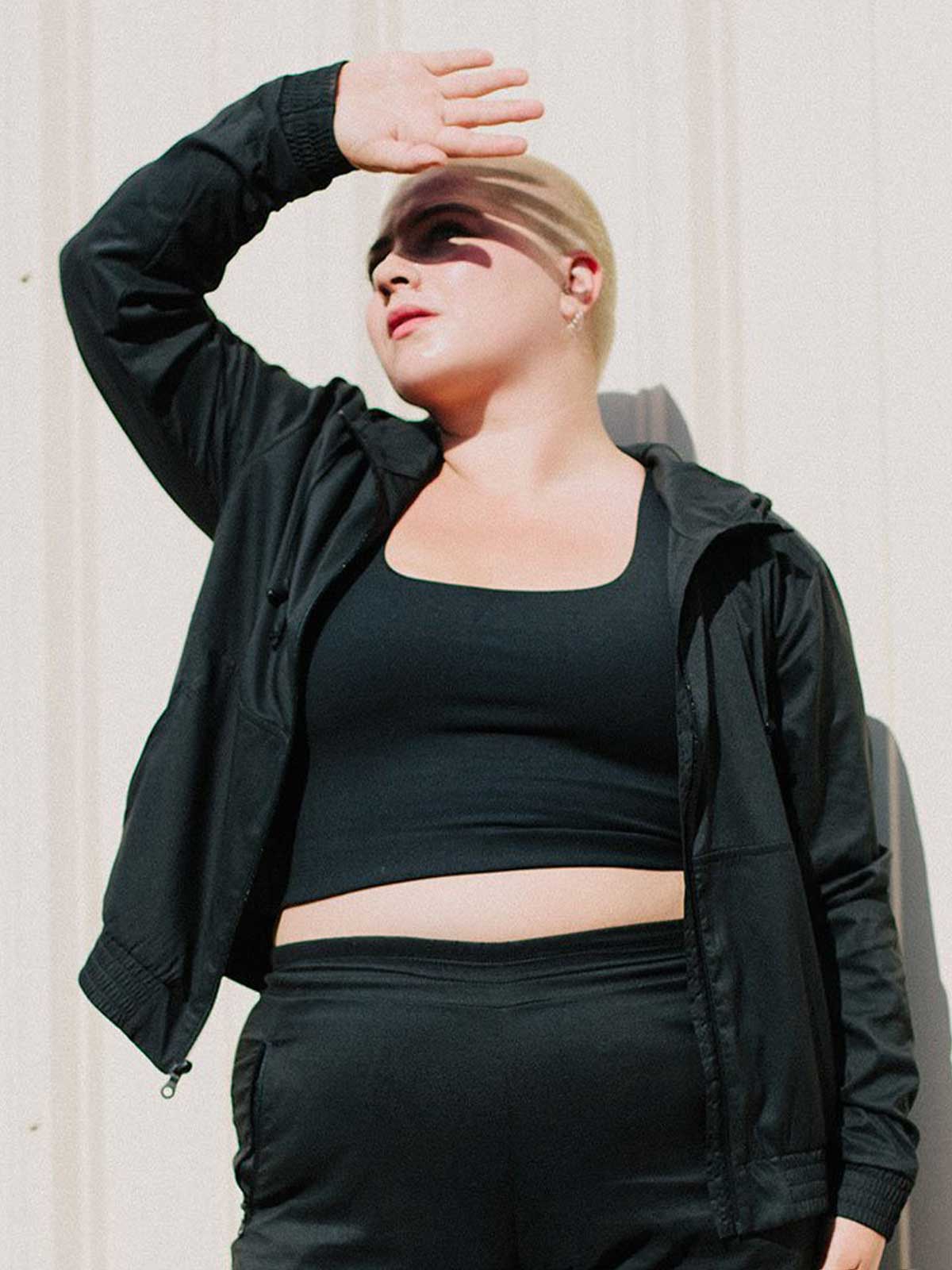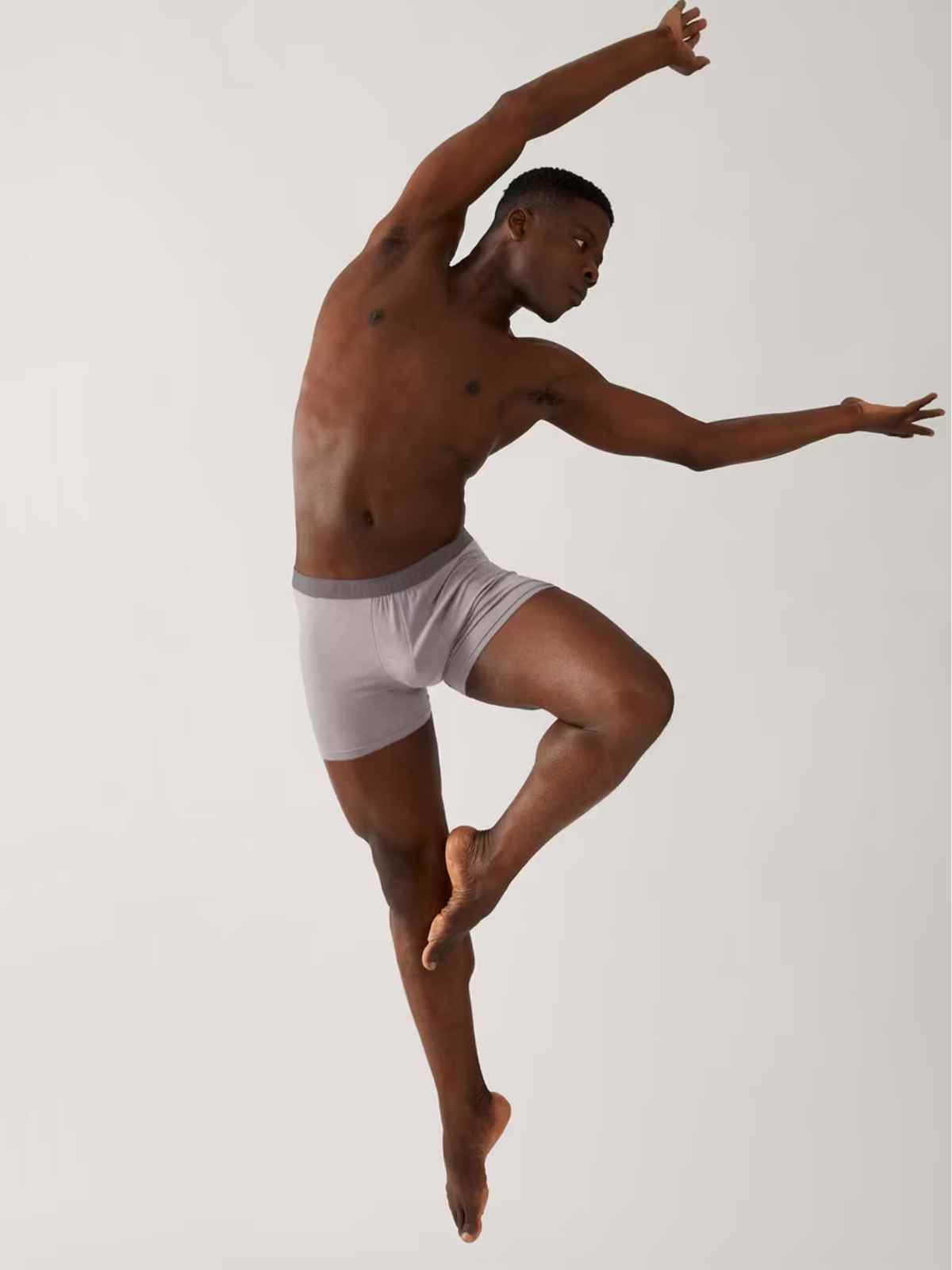Our editors curate highly rated brands that are first assessed by our rigorous ratings system. Buying through our links may earn us a commission—supporting the work we do. Learn more.
So you’re ready to wave goodbye to this ultra fast fashion brand, which we rate “Not Good Enough” for its negative impacts on people and planet. Lucky for you, our editors have rounded up 9 independent brands that actually deserve your attention.
Ultra fast fashion at its worst
Founded in Manchester in 2006, Boohoo has grown, well, fast. It expanded in 2017 by purchasing two other fast fashion brands you probably know, PrettyLittleThing and Nasty Gal. It also hires numerous social media celebrities to reach a wider audience online, including a widely criticised collaboration with Kourtney Kardashian in 2022.
Boohoo is an ultra fast fashion brand, and it should not come as a surprise when we tell you Boohoo’s fast fashion practices harm the planet, people, and animals.
Before we highlight more sustainable alternatives to Boohoo, here’s a quick recap of the reasons why we rate this fast fashion giant “Not Good Enough”.
Why Boohoo doesn’t deserve your support
Boohoo’s environment rating is “Not Good Enough”: it doesn’t use lower-impact materials, and while the brand does measure and report on greenhouse gas emissions from its direct operations, its supply chain gets no mention. In 2019, Boohoo was even named one of the least sustainable fashion brands in the UK in a report published by the Environmental Audit Committee (EAC).
Boohoo rates “Very Poor” on the labour front, our lowest rating. Despite some of its supply chain being certified by Sedex Members Ethical Trade Audit (SMETA) Best Practice Guidance in the final stage of production, Boohoo publishes limited information about its supplier policies and audits. We also found no evidence it ensures payment of a living wage in its supply chain. In 2020, allegations about worker exploitation by a supplier of Boohoo in Leicester emerged. It was even reported that while Boohoo’s sales soared 44% percent during lockdown, factory workers were asked to work with “little to no” social distancing or personal protective equipment (PPE). Yikes.
Boohoo’s animal rating is also “Not Good Enough”: we found no evidence that Boohoo has a policy to minimise the suffering of animals. And although it doesn’t use fur, down, angora, or exotic animal skin and hair, it still uses leather and wool.
Long story short, Boohoo is very opaque and needs to disclose information and be more transparent about its practices.
What’s more, Boohoo is another typical example of ultra fast fashion, designing and putting clothes on the market faster than ever, sometimes in just under a week. By doing this, Boohoo encourages a “throw-away” culture and makes us believe we need to shop more and more to stay on top of trends, creating a constant sense of need and ultimately, dissatisfaction.
Even Boohoo’s recent “sustainable” collection with Kourtney Kardashian is yet another signal of the alarming greenwashing trend within the ultra fast fashion industry. And even if this collection had a proper track record, it would still be a drop in the bucket compared to the brand’s overall impact. “Not Good Enough”.
Below, you’ll find a list of our favourite alternatives to Boohoo: “Good” and “Great” brands that respect the planet, people, and animals while creating on-trend styles. Here are nine ethical brands you’ll love more than Boohoo.
A note on affordability
Good On You wants to help you find more sustainable options no matter your budget. But we recognise that many more sustainable brands appear more expensive up front. That’s because more goes into a price tag than the cost of fabric. Fast fashion prices are often low because workers are not paid living wages, and sustainable practices are not followed in production, as is the case with Boohoo.
Fast fashion has also distorted our view of clothing prices. We now spend much less and buy far more low-quality garments than we did a few decades ago. When considering cost-per-wear, higher-quality items you’ll wear again and again end up costing less in the long run despite the initial investment.
We aim to highlight the range of more affordable and more sustainable brands, but we also encourage you to seek out the most sustainable options that work for you. Sometimes this means shopping second hand, other times rediscovering and restyling what you already own.


